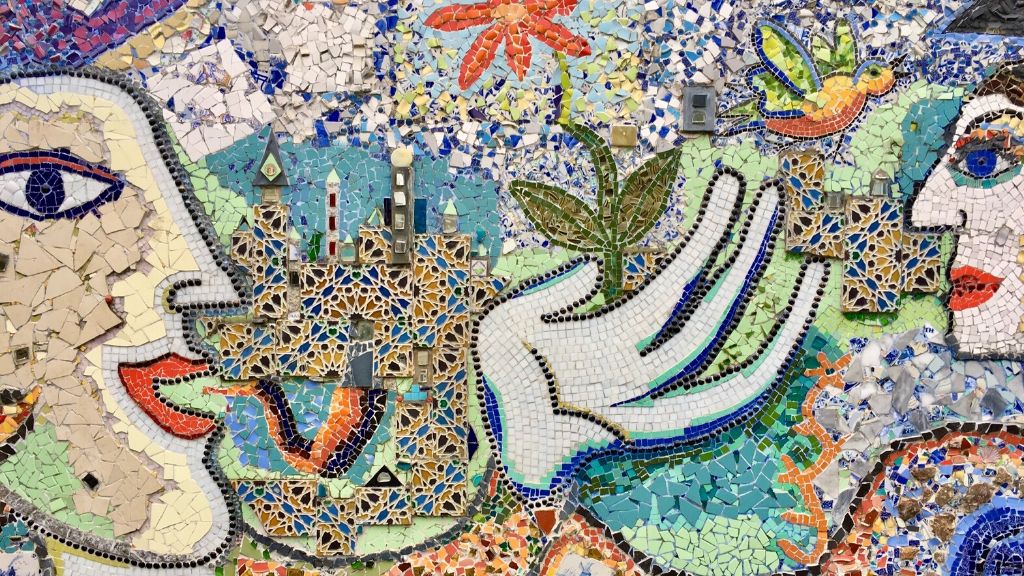Education is not solely about preparing young people for the world of work but also about equipping them with competences that will enable them to become socially proactive, empowered, responsible and engaged citizens and thus collectively contribute to and benefit from an inclusive and sustainable future.

As part of the second blog series, this volume draws upon those competences which are important for developing collaborations and building meaningful relations. The development of those competences and also the assessment of the progress made has been an ongoing process since the beginning of piloting NEMESIS in schools.
According to students’ testimonies, working on their social innovation projects has indeed helped them towards supporting each other and working as a team to solve problems collectively and creatively (Collective and creative problem solving).
“For me, I believe that people do more things as a team and help each other, support, behave better” (pupil, CEIP Los Albares)
This collective process enabled the allocation of different roles and responsibilities to everyone involved. Students were thus given the opportunity to feel and act as adults who are accountable towards their team.
“The distribution of responsibilities was done collectively and each one is responsible for specific tasks in our project” (pupil, 6th Intercultural School of Kordelio)
The student- adult interaction is another important and yet effective element that further attributes to the cultivation of this competence as students are taking action together with adults in their quest to influence issues that they care about. In parallel they are put in a position to offer suggestions and make adults hear those suggestions and further negotiate on those who are really driving a positive effect.
“I could tell my own idea and then teachers and other grown-ups were listening to what I had to say. Then all together, we were trying to come up with solutions and creative and effective ways of helping our neighbourhood and the blind people” (pupil, 1st Experimental School of Thessaloniki)
Evaluation results have shown an interlinkage of this competence with the ‘Embracing Diversity’ one, since diversity, in the sense of different stakeholders involved, has enriched the collective work and made students see things from the perspective of the adults. Embracing the power of differences constituted an effective new way to unlock innovation.
“(…) here we are talking about children-parents and the entire educational community, because we are also with the city council and with all the entities that we need, that is what enriches this project” (Head of studies, CEIP Los Albares)
The fact that students are working with a diverse group of people from parents to younger children, older children, experts, external to the school people, provides them with ideas and space where they realise that when working all together collaboratively, creative ideas can come out.
“One idea completed another and we made a bigger idea” (student, AEMAIA)
However, their engagement at first has proven to be quite challenging as their role was not fully understood by teachers nor was it completely infused in students. Once projects progressed, this collective interaction has proven to be essential and students could understand that people who have different backgrounds could help them and that this interaction could be of benefit for all and it could be seen as a strength to help others.
“NEMESIS has been a real inspiration to us all as we have discovered that we have the ability to find solutions that make the change. It is also a different way of gathering parents, teachers, social innovators… With this project we have the autonomy to say “I want it this way”, we are the ones who choose” (student, AE Maia)
It has been observed that as part of the co-creation Labs, the interactions among students and adults have been essentially meaningful, favouring students’ ability to embrace diversity and effectively collaborate with creative and different minds towards a common goal. This interaction has also enabled them to develop their collective problem-solving skills by taking social action together with adults seeking to influence issues that they care about.
To be continued…
Photo by Giulia May

